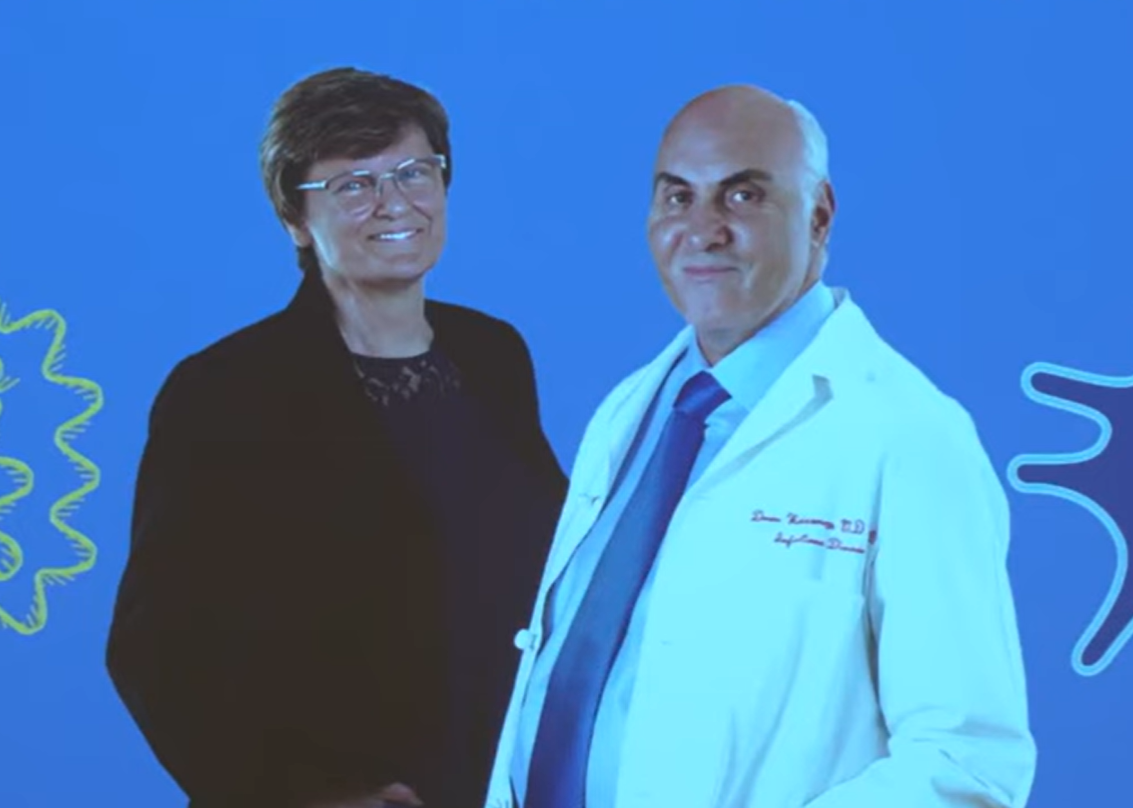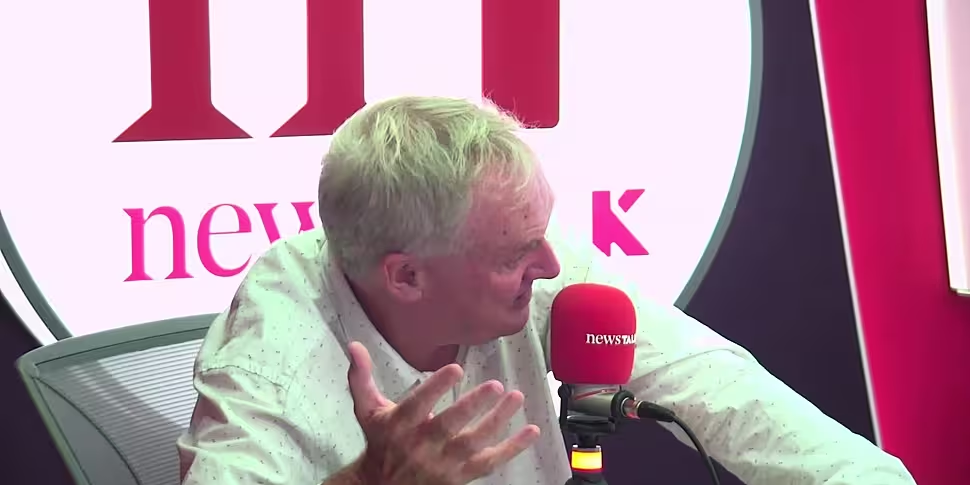Prof Luke O'Neill said this year's winners of the Nobel Prize for Medicine or Physiology have not only made a breakthrough but also 'benefited humanity massively'.
The coveted prize has been awarded to two scientists, Hungary's Katalin Karikó and American Drew Weissman, for their research on how to use RNA in a vaccine.
The pair shared a prize of US$1 million and a gold medal each.
 Katalin Karikó and Drew Weissman. Image: Nobel Prize
Katalin Karikó and Drew Weissman. Image: Nobel PrizeAs part of his latest Show Me The Science podcast, the Trinity College Immunologist said he has seen no negative reaction to this prize from other scientists.
"They dig into them, scientists love to criticise each other in a nice way," he said.
"'Is that deserving, was that discovery big enough?'
"This year [there is] universal acclaim; I haven't seen a single negative about this year's prize.
"Simply because, we all know, what Katalin and Drew achieved was so important scientifically but also important medically.
"Not only was their breakthrough a scientific thing... but it's benefited humanity massively.
"The COVID-19 vaccines, the RNA vaccines, and the AstraZeneca one of course as well and Johnson & Johnson, they've saved millions and millions of lives - that's the bottom line."
'This one is so worthy'
Prof O'Neill said their discovery is very deserving of the prize.
"That's what science is all about, just discovering fundamental things, but then if it's got uses for humanity superb.
"That's why this one is so worthy."
Prof O'Neill said the pair actually began their work back in the 1990s.
"When you hear people say the RNA vaccines were developed very quickly, that's not true," he said.
"The basic science was going on in the '90s that gave rise to these vaccines and so it did take a bit of time to get into humans in the end.
"This accusation it was too fast is not true, because these discoveries were going on."
What did they discover?
The pair wanted to use RNA as a therapy for the body.
However Prof O'Neill said bodies naturally react to RNA like a virus.
"The trouble is Karikó knew that RNA actually irritates the body," he said.
"The reason for that actually is the body thinks the RNA is from a virus and reacts to it.
"That makes it tricky then, how would you turn that into a medicine?
"Karikó knew what was going wrong here.... and she also knew there are certain types of RNA in our bodies anyway that get modified.
"Remember it's a natural molecule".
'Modifying the RNA'
Prof O'Neill explains how the breakthrough was made.
"She knew there was a thing called pseudouridine in certain types of RNA, they're called transfer RNA," he said.
"The pseudouridine stops the irritation, it stops the immune system reacting to it.
"A thing called TLR3 - toll-like receptor 3 - is the thing that's sensing the RNA and driving the inflammatory process, as if it's a virus.
"Karikó's paper in 2005 - which by the way I refereed - was able to modify the RNA, put in pseudouridine and now TLR3 no longer recognises the RNA.
"That simple trick of replacing a regular uridine with a pseudouridine made it semi-inert.
"It also stabilised it and it made it more protein," he added.
Listen back here:









